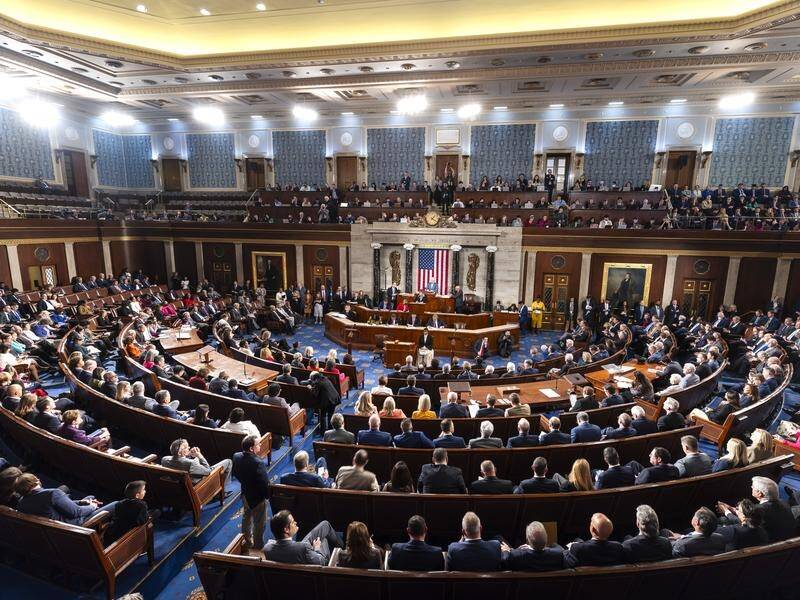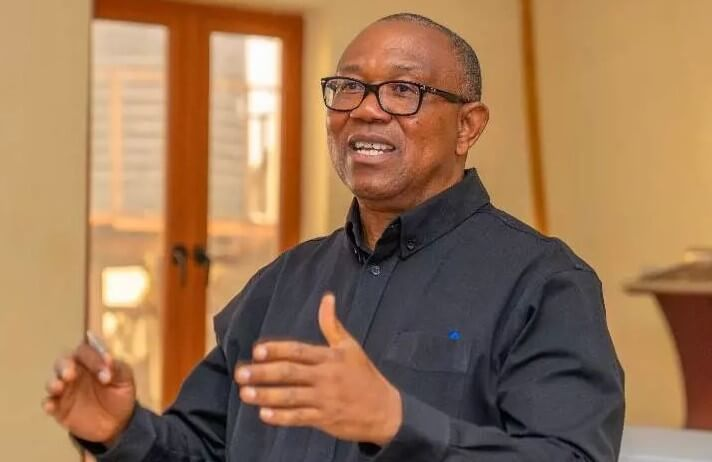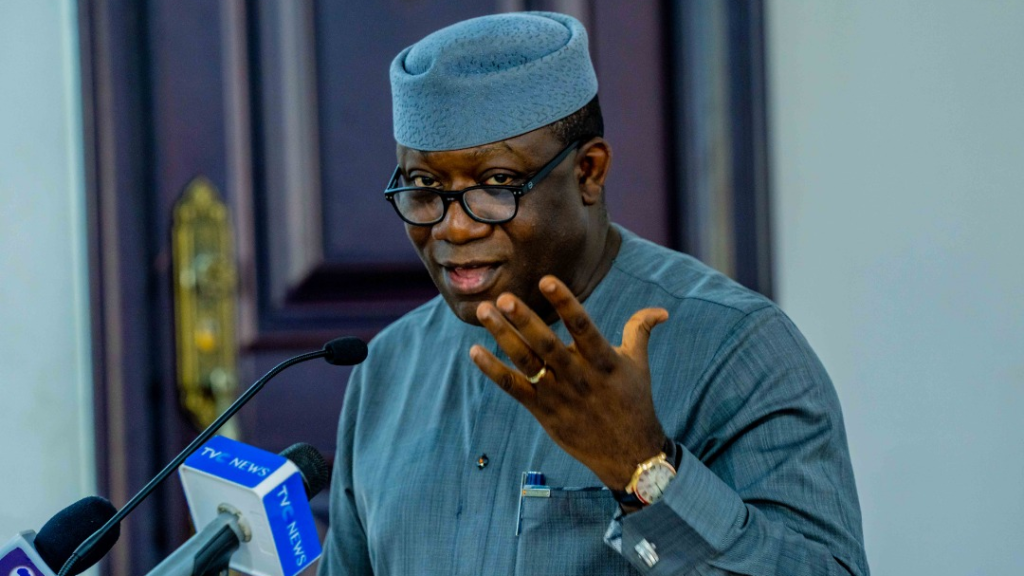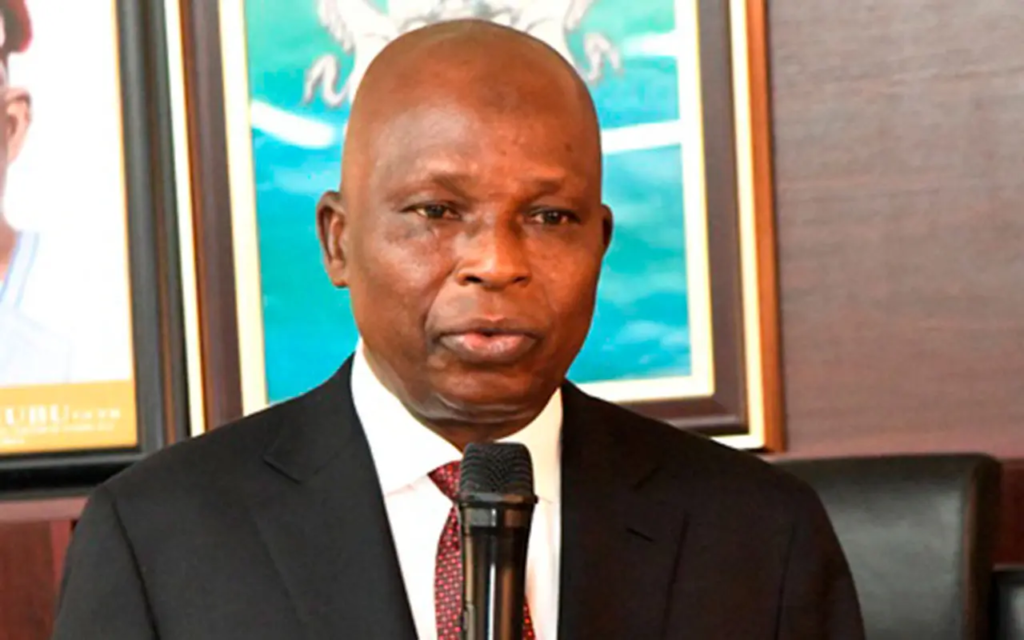China’s embattled property behemoth Evergrande and its founder, Hui Ka Yan, are facing allegations of inflating revenues by a staggering $78 billion (£61.6 billion) in the two years preceding the firm’s default on its debt.
The country’s financial regulator has imposed a hefty fine of $583.5 million on Evergrande’s mainland subsidiary, Hengda Real Estate.
Additionally, Mr. Hui is confronting the possibility of a lifetime ban from China’s financial markets.
In a significant blow to Evergrande, a Hong Kong court mandated its liquidation in January.
The China Securities Regulatory Commission (CSRC) primarily attributes the misconduct to Mr. Hui, formerly China’s wealthiest individual, accusing him of instructing employees to “falsely inflate” Hengda’s financial performance in 2019 and 2020.
According to disclosures made by the company to the Shenzhen and Shanghai stock exchanges, Mr. Hui has also been personally fined $6.5 million.
Evergrande has yet to respond to inquiries regarding the matter.
In September of last year, Mr. Hui, who also serves as the chairman of the company, came under police scrutiny as part of an investigation into suspected “illegal activities.”
This development follows closely on the heels of the China Securities Regulatory Commission’s (CSRC) recent pledge to clamp down on securities fraud and safeguard the interests of small investors with robust enforcement measures.
Evergrande has emerged as a symbol of China’s real estate woes, grappling with a debt load exceeding $300 billion.
Administrators have been appointed to assess Evergrande’s overall financial health and explore potential restructuring options.
This could entail the seizure and sale of assets to settle outstanding liabilities.
However, the Chinese government may be wary of halting construction projects in China, where numerous prospective homeowners await properties for which they have already made payments.
The challenges in China’s property sector reverberate significantly, given that the industry contributes approximately one-third to the world’s second-largest economy.
Since 2021, the real estate sector has been grappling with significant financial pressure following regulatory measures aimed at limiting borrowing by major developers.
Consequently, numerous prominent property firms have defaulted on their debts.
Official data released on Monday revealed a notable decline in property investment in China, with figures indicating a 9% decrease in January and February compared to the previous year.
Moreover, there was a stark decline of 30% in new construction starts during the same period, marking the sharpest plunge in over a year.



























